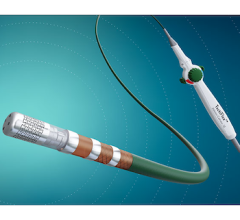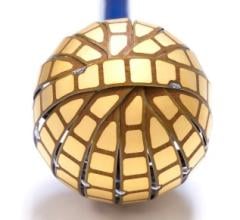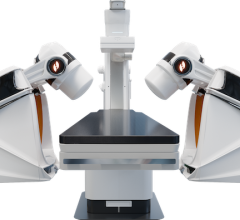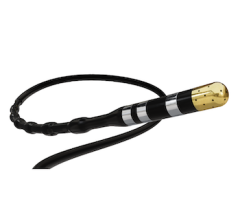
May 21, 2018 — A recent study published in Heart and Vessels has found that the use of the Baylis Medical NRG radiofrequency (RF) Transseptal Needle for transseptal punctures was linked to a 40 percent lower incidence of silent acute cerebral embolism in atrial fibrillation (AF) ablation procedure patients.[1]
The study publication follows a consensus statement recently revised by Heart Rhythm Society and other international societies which suggests that, though the long-term impact of silent cerebral embolism needs investigation, physicians should take the necessary measures to avoid it.[2] These are the first study results to find that a lower incidence could be associated with the type of transseptal needle chosen for ablation procedures.
The study compared the post-procedural MRI scans of 232 patients where AF ablation was done using either the NRG needle or a mechanical needle. Authors suggest there were two differences between the procedures that may contribute to lower risk of silent cerebral embolism.
Advancing the sharp tip of a mechanical needle through a plastic sheath and dilator can create shaved-off plastic particles, which, if entering the bloodstream, may result in embolic material being transferred into the patient's body. The blunt-tipped RF needle does not produce this skiving effect.
In addition, the study showed a 14-minute shorter mean procedure time when using the RF needle, which, as per the authors, could contribute to the lower incidence of silent cerebral embolism. The study authors also suggest the shorter procedure time could lead to cost efficiencies for electrophysiology labs.
"These study findings join the large body of evidence which confirms that using the NRG needle will result in a more predictable procedure and outcome for physicians," said Gareth Davies, Ph.D., research and development manager at Baylis Medical. "This is part of our larger focus on continually identifying the challenges faced by physicians in order to develop innovative solutions to meet the needs of their patients."
The research findings were published in April 2018.
For more information: www.baylismedical.com
References:


 February 06, 2026
February 06, 2026 









